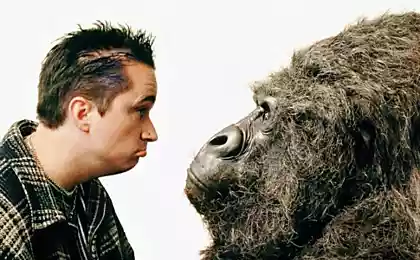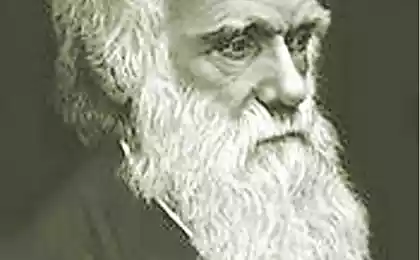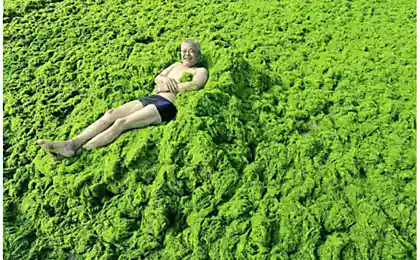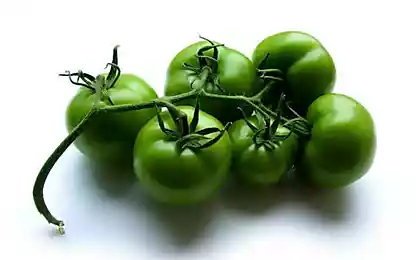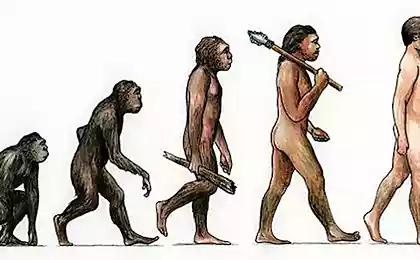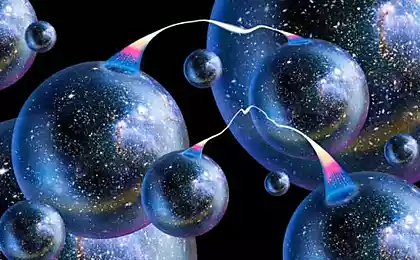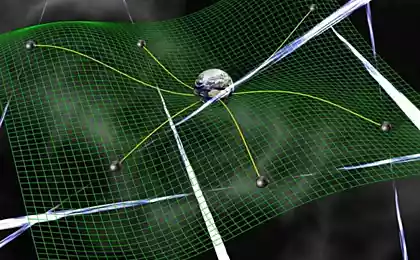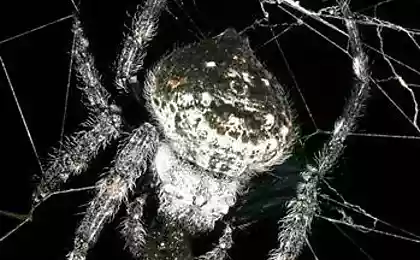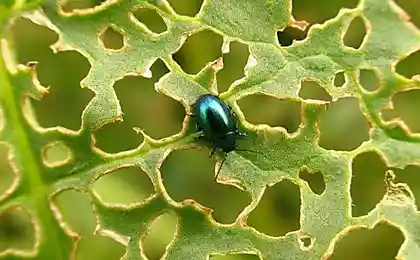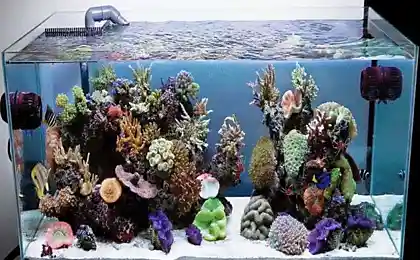219
Biologists Against Darwin's Hypothesis

The most famous hypothesis from Charles Darwin explains the fact that if species are closely related, they compete with each other for food and resources, because these species occupy the same ecological level.
Most scientists took this phenomenon for granted, giving it great importance. However, three American experimenters discovered that Darwin’s theory does not apply to the development of green freshwater algae. This incident surprised the experimenters.
Professor of the University of Michigan B. Cardinale says that such a discovery was completely unexpected for them. When they got the results, their first thoughts were how this was possible. Scientists have long come to their senses, because Darwin’s hypothesis has always been considered true. Is it possible that the hypothesis only works in some cases?

Biologists have already managed to decipher more than sixty genomes of the most common species of algae that are found in North America.
With the help of this information, scientists were able to accurately study and determine evolutionary kinship, to distinguish the most ancient species, genetically unique, and relatively recent.
Biologists are engaged in other developments, offering people drugs that can improve health at any age. Reading about laminin reviews of doctors and patients who have cured their body of many ailments, it becomes clear that scientists have managed to reach unprecedented heights.
American scientists in the course of experiments forced the most closely related algae to compete with each other for resources, for example, for nitrogen, light and phosphorus.
Similar tests were conducted on algae that have long diverged in their evolutionary development. According to Darwin’s hypothesis, closely related algae species should have competed much more strongly than distant relatives.
However, experiments conducted directly in laboratories and observations of algae in lakes and ponds did not confirm Darwin’s claims.
Darwin's whole theory is based on constant competition between species and the survival of the fittest that are most adapted to life. However, biologists have found an interesting fact that literally a third of algae species develop better in the presence of competing species. Therefore, adding other species greatly accelerates the development of plants, but does not slow it down.
We can say that algae are more prone to joint mining than to competition for the necessary resources. Thus, the whole Darwinian hypothesis, which testifies to the development of nature and the constant interspecies struggle against algae, turned out to be wrong.
Source: zeleneet.com
Photo report with a note of nostalgia - Moscow 70th
The company Affirmed Housing Group shows that the solar energy and affordable housing compatible
